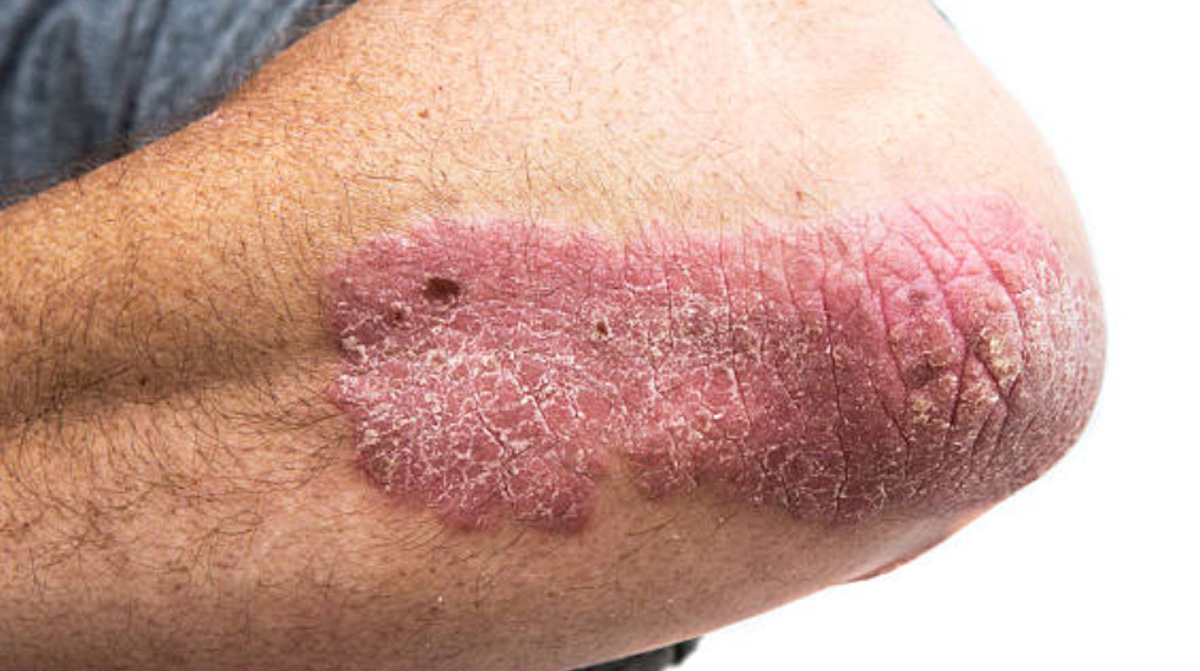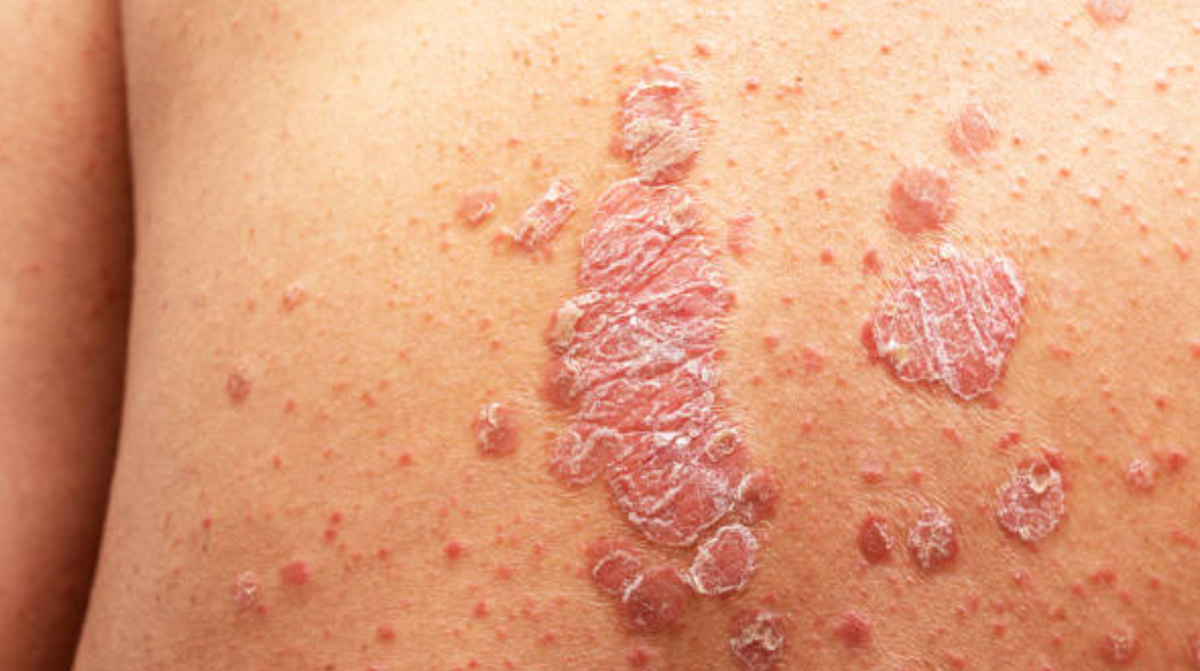Psoriasis is a chronic skin condition that causes raised, red patches of skin. The patches can be painful and may resemble plaques. This disease usually occurs on the elbows, knees, scalp, and nails. An overactive immune system is a potential trigger for psoriasis.
This particular disorder occurs when the body’s immune system misunderstands healthy skin cells as pathogens and attacks them. The immune system plays an important role in psoriasis, as it produces various pro-inflammatory signals that trigger the formation of plaques on the skin.
Hence, it’s the reason why people with weakened immune systems are especially susceptible. Unfortunately, there is no cure for psoriasis. Various treatments can help alleviate the symptoms that come and go.
Psoriasis can affect anyone and can impact a person’s quality of life and relationships. It can occur on any part of the body, and symptoms can range from mild to severe.
Besides the obvious skin irritation, psoriasis can also lead to serious complications, including heart problems, depression, diabetes, high cholesterol, kidney disease, high blood pressure, and metabolic syndrome. So, if it’s left untreated, it could lead to fatal complications.
Certain triggers can lead to flares of the disease, including infection, stress, alcohol, and smoking.
There are various kinds of psoriasis and these are plaque psoriasis, scalp psoriasis, nail psoriasis, guttate psoriasis, inverse psoriasis, pustular psoriasis, and erythrodermic psoriasis.
While there is no cure for psoriasis, various treatments are available to lessen the pain that comes with the disease. However, it’s critical to know the various symptoms of the disease to be able to manage it.
Below are various critical psoriasis symptoms and signs you should know about.
10. Dry, Cracked Skin
Dry, cracked skin is a common symptom of psoriasis. It is caused by the rapid turnover of skin cells brought about by an overactive immune system is compromised. The normal timeline for skin cells to be replaced is 30 days.
With the onset of psoriasis, the overactive immune system shortens the timeline to just 3 to 4 days. This causes the skin cells to turn over rapidly, causing dry and cracked skin.

9. Itchy Skin
Inflammation plays a major role in psoriasis. Initially, the skin develops inflammatory plaques, which are characteristic of the condition. The inflammation is caused by the over-stimulation of dermal receptors. The itching of the skin can be aggravated by environmental factors, such as dryness or extreme heat.
Itching is a common symptom of psoriasis and the condition can be painful and bothersome for people with the condition.
8. Burning And Soreness
Burning and soreness are brought about by the inflammation of the skin, which happens when the immune system is overactive. The skin ends up dry, cracked, and itchy. Excessive itching can cause a burning sensation to manifest.
Once manifested, it’s inevitable for the person with psoriasis to scratch the affected area. Excessive scratching of the affected can cause the skin to become irritated and sore.

7. Patchy Rashes
This overactive immune system speeds up the growth of skin cells. Skin cells are normally shed once every month. However, with psoriasis, new skin cells are replaced every three or four days. This leads to the formation of patchy rashes.
These patches are sometimes called plaques and they are often painful and can involve any part of the body.
6. Patches Vary In Color
The appearance of patches is a very common symptom of psoriasis. However, these patches can vary in color depending on the skin tone of the person with psoriasis. For example, patches appear differently on white skin. They are usually colored red or pink with scales that are silvery-white.
Patches that appear on dark skin are usually colored purple. In some cases, they are colored dark brown.
5. Tiny Scaling Spots
Tiny scaling spots are common symptoms of psoriasis in children. This can be caused by a throat or tonsils infection brought about by bacteria. The infection compromises the immune system that is attacking the healthy cells of the skin by mistake.
Genes can also cause the onset of tiny scaling spots in children. Psoriasis can be inherited from the parents. Apart from that, environmental factors can also play a role in the manifestation of such symptoms.
4. Cyclic Rashes
Since there is no current known treatment to stop psoriasis, cyclic rashes are most likely to appear from time to time. Symptoms will come and go over the course of the patient’s lifetime.
Various treatments can help the patient feel better physically and mentally. They can also help alleviate symptoms to lessen the risks of fatal complications.
(continued next page)
